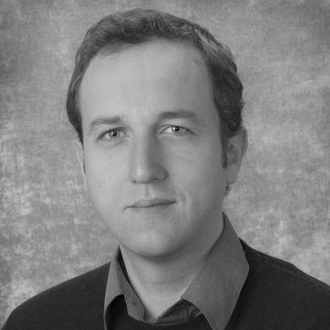 MISO Study
MISO Study
STUDY BASICS
Have you recently had suicidal thoughts or ever attempted suicide? Are you an 18-45 year old male? If so, you may be able to participate in a research study to learn more about the effects of electrical brain stimulation on people who have suicidal thoughts. Compensation provided.
STUDY PURPOSE
Depression is a serious illness that affects more than 1 in 20 Americans. Symptoms of depression include feeling sad or hopeless, feeling tired or not having energy, having changes in appetite or activity, and even thinking about or attempting suicide. Currently available treatments help some people with depression, but new methods are needed. The purpose of this study is to help researchers better understand the effects of an experimental method called tDCS (transcranial direct current stimulation). During tDCS, weak electrical stimulation is applied to the scalp. This stimulation can temporarily affect brain activity and has shown promise as a treatment for depression and other mental illnesses. Researchers hope their findings will lead to better ways to diagnose and treat mental illness in the future.COULD THIS STUDY BE RIGHT FOR YOU?
- Males ages 18-45
- Recently had suicidal thoughts or ever attempted suicide
- Right-handed
- Fluent in English
- No history of neurological disorders, seizures, or head injury
- No history of any other major disorder, including stroke, heart disease (heart attacks, angina), dementia, endocrine disorders, autism, Asperger syndrome
- No current illicit drug use or alcohol abuse
WHAT PARTICIPANTS CAN EXPECT
Participation in this study involves:- A two hour screening visit to find out if you are eligible to participate in the study. This visit includes an interview, questionnaires, medical history, reading and memory tests, and providing urine and saliva samples for pregnancy and illicit drug testing.
- If eligible after screening, participants will have two visits on two separate days one week apart. These visits will last about 2-3 hours each. During these visits, participants will complete computer tasks while having weak electrical stimulation applied to the scalp. Brain activity will be measured using EEG, and follow up questionnaires and urine/saliva tests will also be done.
IRB: STUDY19030167A
- Assessing the safety of tDCS in suicidal individualsMEET THE RESEARCHER

Henry Chase
Henry W. Chase, PhD, is a Research Assistant Professor of Psychiatry in the Department of Psychiatry at the University of Pittsburgh. A graduate of the University of Cambridge, Dr. Chase’s research interests include mood disorders, reinforcement learning, and neuroimaging.
MEET THE COORDINATOR
Simona Graur
Simona Graur, MSW, LCSW, is a graduate of Kalamazoo College and the University of Pittsburgh. She is a senior research principal within the Department of Psychiatry and works on several clinical neuroimaging studies involving major depression, bipolar disorder, anxiety, and obsessive-compulsive disorder.
 https://pittplusme.org/study/1197
https://pittplusme.org/study/1197